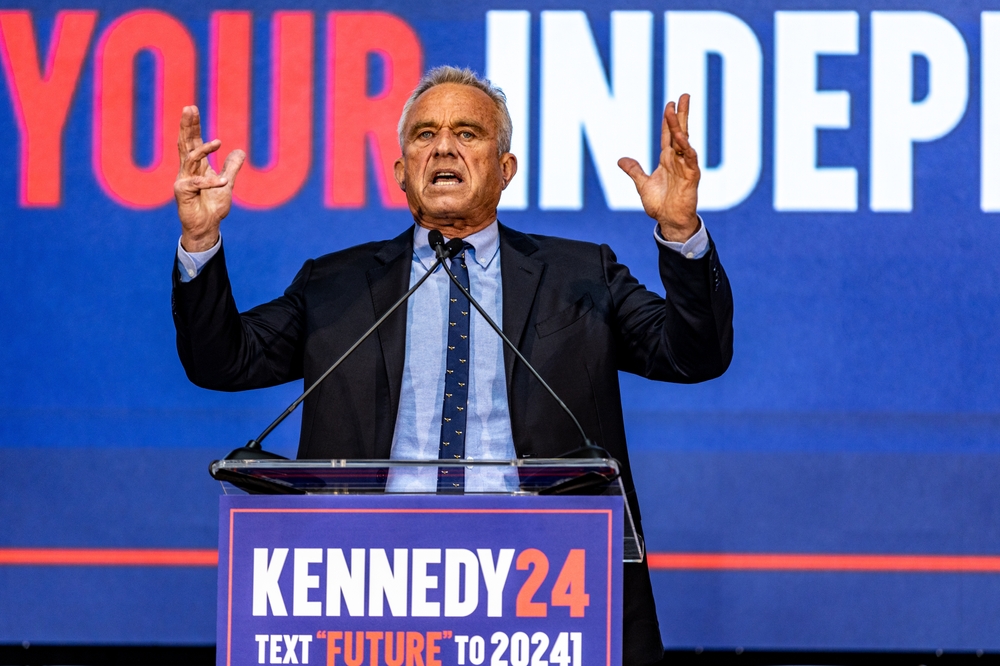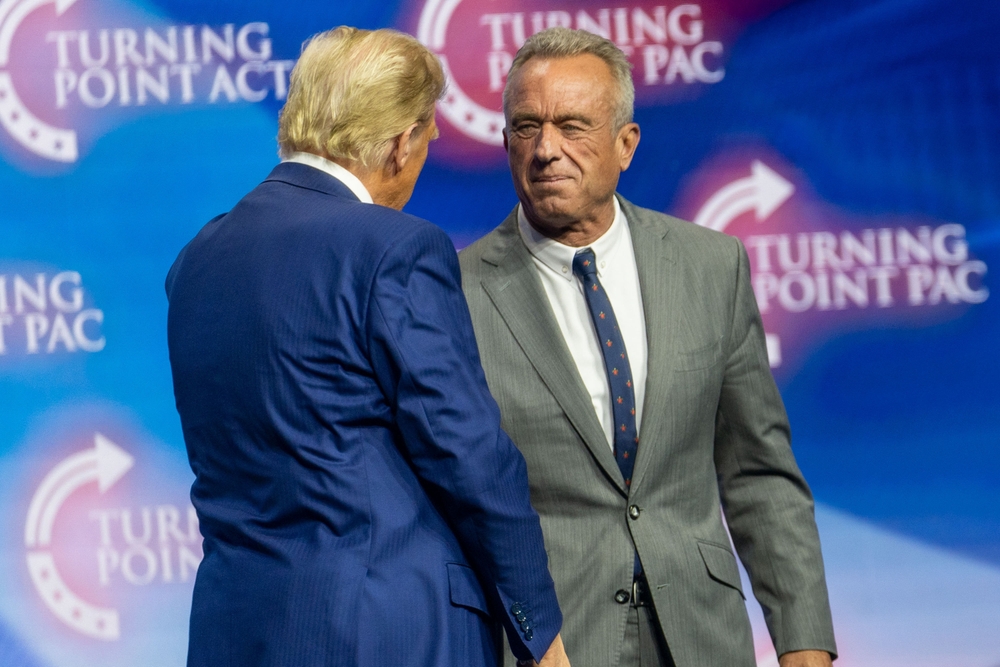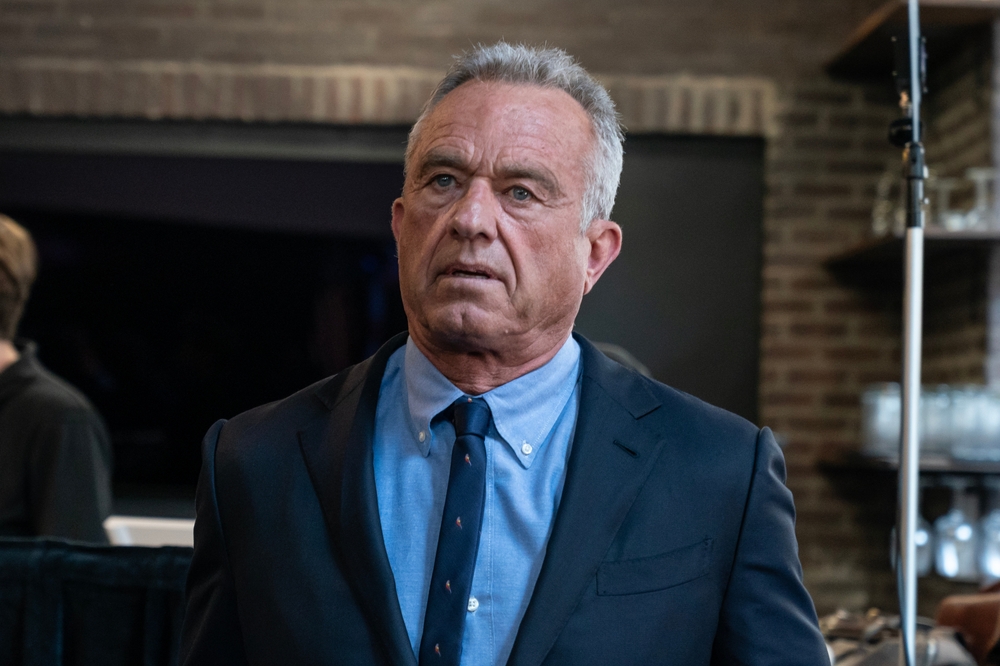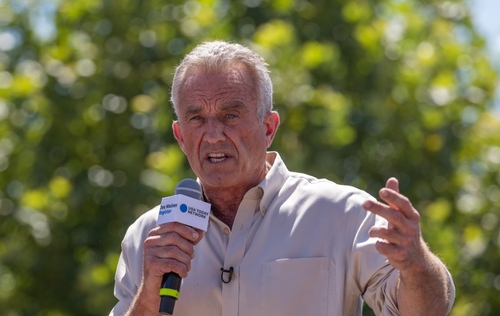Robert F. Kennedy Jr.: Health Reformer or Public Health Risk?
Robert F. Kennedy Jr., a prominent figure in American politics and activism, has taken on the role of U.S. Secretary of Health and Human Services (HHS) under President Donald Trump. His tenure has been marked by controversial initiatives and statements that have sparked widespread debate about his impact on public health.
Educational and Professional Background
Kennedy holds a Bachelor of Arts in American History and Literature from Harvard University, a Juris Doctor from the University of Virginia School of Law, and a Master of Laws from Pace University. His early career included work as an assistant district attorney and environmental law professor. He founded the Waterkeeper Alliance, focusing on environmental advocacy. However, he lacks formal medical or public health training.

Related: Is Pam Bondi the Most Controversial Attorney General Yet?
Related: Who is Robert F. Kennedy Jr.?
Controversial Health Policies
As HHS Secretary, Kennedy has implemented several contentious policies:
-
Autism Registry Proposal: Kennedy has proposed creating a national autism registry using private medical data without consent, aiming to study environmental causes of autism. This initiative has faced criticism from privacy and disability rights groups.
-
Vaccine Skepticism: He has expressed doubts about the safety of vaccines, including COVID-19 vaccines, and has considered reversing CDC recommendations for childhood vaccinations.
-
Mental Health Services Cuts: A draft HHS budget under Kennedy's leadership proposed ending federal funding for the 988 Suicide & Crisis Lifeline’s LGBTQ+ Youth Specialized Services, raising concerns among mental health professionals and advocacy groups.
-
Food Additive Regulations: Kennedy has advocated for phasing out certain artificial food dyes, citing potential health risks, though major food companies have been hesitant to commit to these changes.

Public Health Impact and Criticism
Kennedy's policies have been met with significant backlash from public health experts, who argue that his actions could undermine decades of progress in areas like vaccination and mental health support. His proposals have been labeled as rooted in misinformation and lacking scientific consensus reported in The Guardian

Conclusion
Robert F. Kennedy Jr.'s tenure as HHS Secretary is characterized by a blend of environmental advocacy and controversial health policies. While he aims to reform certain aspects of public health, his approaches have raised concerns about potential risks to established health systems and vulnerable populations. The full impact of his policies remains to be seen, but they have undoubtedly sparked a national conversation on the direction of public health in the United States.









